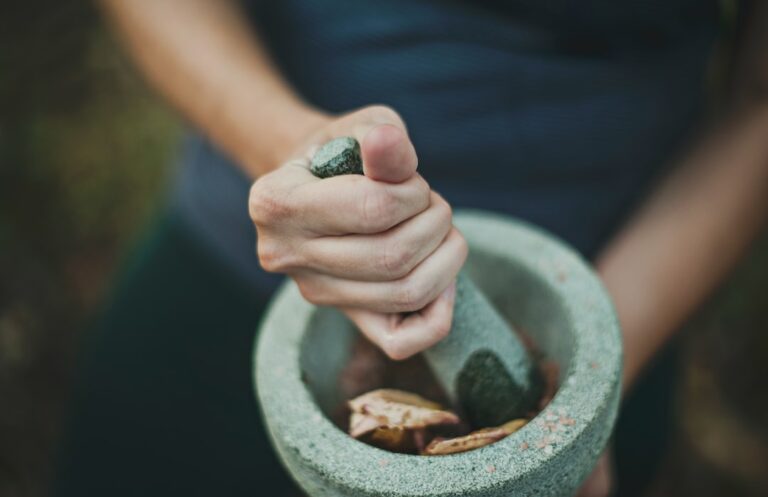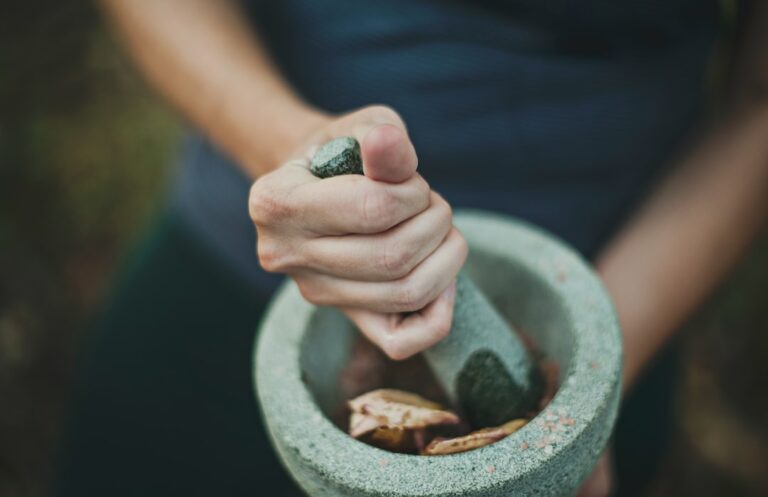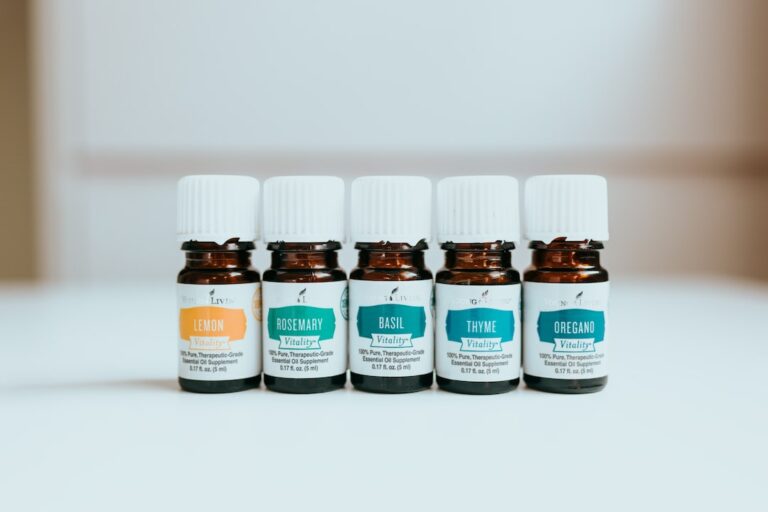Introduction
Definition of natural
The definition of natural refers to products that are derived from natural sources, such as plants, animals, and minerals. These products are not synthesized or artificially modified, and they do not contain any artificial additives or chemicals. Natural products are often considered to be healthier and safer than their synthetic counterparts. They are believed to provide various health benefits, including improved nutrition and enhanced well-being. For example, natural sources of magnesium and vitamin D are highly valued for their role in supporting bone health and overall immunity. Magnesium helps with the absorption of calcium and vitamin D, while vitamin D aids in calcium absorption and utilization. Together, these two nutrients play a vital role in maintaining strong bones and a healthy immune system. By incorporating natural products rich in magnesium and vitamin D into your diet, you can support your body’s natural functions and promote overall wellness.
Definition of organic
Organic refers to the way agricultural products are grown and processed. It is a farming system that promotes environmentally friendly practices and avoids the use of synthetic chemicals, pesticides, and genetically modified organisms (GMOs). The main goal of organic farming is to maintain and improve the health of the soil, ecosystems, and people. Organic products are typically labeled with a certification logo to ensure their authenticity. Choosing organic products can be a way to support sustainable agriculture and reduce exposure to potentially harmful substances.
Comparison between natural and organic
Natural and organic products are often compared when it comes to choosing the best option for our health and wellbeing. Both natural and organic products have their own benefits and it is important to understand the differences between them. Herbal tea, for example, is a popular natural product that is known for its various health benefits. It is made from natural herbs and plants, and is often consumed for its soothing and calming properties. On the other hand, organic products are those that are grown and produced without the use of synthetic chemicals or pesticides. They are certified by regulatory bodies to ensure their organic status. Both natural and organic products have their own merits, and the choice between them depends on personal preferences and priorities. Whether it’s herbal tea or other organic products, it is important to choose what suits your needs and promotes your overall wellbeing.
Benefits of Natural Products

Chemical-free
Chemical-free products are becoming increasingly popular as people are becoming more aware of the potential harmful effects of synthetic chemicals. Many individuals are seeking out natural alternatives, such as anti-anxiety herbs, to promote their overall well-being. These herbs are known for their calming properties and can help reduce feelings of stress and anxiety. Incorporating these natural remedies into your daily routine can provide a gentle and effective way to support your mental health.
Environmentally friendly
When it comes to choosing between natural and organic products, one important factor to consider is their impact on the environment. Environmentally friendly products are those that are produced using sustainable practices and do not harm the environment. These products are often made from renewable resources and are biodegradable, reducing their carbon footprint. By opting for environmentally friendly products, consumers can contribute to the conservation of natural resources and the preservation of ecosystems. Additionally, choosing such products can help reduce pollution and minimize the use of harmful chemicals. Therefore, it is essential to prioritize environmentally friendly options when making purchasing decisions.
Potential health benefits
Conventional medicine has long been the go-to approach for treating illnesses and maintaining health. However, in recent years, there has been a growing interest in natural and organic alternatives. Many people believe that natural products are inherently better for our health, as they are free from synthetic chemicals and pesticides. Organic products, in particular, are cultivated without the use of artificial fertilizers or genetically modified organisms. This has led to claims that natural and organic options offer potential health benefits that conventional medicine may not provide. While further research is needed to fully understand the extent of these benefits, it is clear that natural and organic options have gained popularity as individuals seek to prioritize their well-being.
Benefits of Organic Products

Certified standards
Certified standards ensure that products labeled as ‘natural‘ or ‘organic‘ meet specific criteria and regulations. These standards are put in place to guarantee the quality and integrity of the products. When it comes to herbs for mental health, it is important to choose products that have been certified as natural or organic. This ensures that the herbs have been grown and processed without the use of harmful chemicals or pesticides, preserving their potency and therapeutic benefits. By opting for certified standards, consumers can have confidence in the purity and authenticity of the herbs they are using for mental health support.
No synthetic pesticides
No synthetic pesticides are used in organic farming. Instead, natural methods are employed to control pests and diseases. This is one of the key differences between organic and conventional farming. By avoiding synthetic pesticides, organic farmers prioritize the health of the environment and the consumers. Natural alternatives such as crop rotation, beneficial insects, and organic fertilizers are utilized to maintain a balanced ecosystem and promote sustainable agriculture. Organic farming aims to minimize the negative impact on biodiversity and soil health, ensuring the production of healthier and safer food for everyone.
Sustainable farming practices
Sustainable farming practices play a crucial role in the ongoing debate of whether natural is better than organic. These practices focus on minimizing environmental impact, promoting biodiversity, and ensuring the long-term viability of agricultural systems. By implementing methods such as crop rotation, soil conservation, and integrated pest management, sustainable farmers aim to maintain soil health, reduce chemical inputs, and preserve natural resources. Through their commitment to sustainable practices, farmers contribute to a more resilient and ecologically balanced food production system. While both natural and organic farming have their merits, sustainable farming practices offer a comprehensive approach that prioritizes the health of the planet and future generations.
Drawbacks of Natural Products

Lack of regulation
The lack of regulation in the natural and organic industry is a significant concern. Unlike other industries, there are no strict guidelines or standards that define what qualifies as natural or organic. This lack of regulation allows for misleading claims and marketing tactics, making it difficult for consumers to make informed choices. Additionally, without proper regulation, there is no guarantee that natural or organic products are actually safer or more sustainable than their conventional counterparts. It is important for consumers to be aware of this lack of regulation and to critically evaluate the claims made by natural and organic brands.
Misleading marketing claims
Misleading marketing claims are a common tactic used by companies to promote their products. One such claim is the idea that natural products are always better than organic products. This claim can be misleading because it fails to consider the rigorous standards that organic products must meet. Organic products are certified to be free from harmful chemicals and pesticides, ensuring that they are safe for consumption. On the other hand, natural products may still contain these harmful substances. It is important to be cautious of misleading marketing claims and to do thorough research before making purchasing decisions. In the case of mercury detox, it is crucial to consult with healthcare professionals and follow evidence-based guidelines to ensure safety and effectiveness.
Limited availability
Limited availability of natural and organic products is a topic of concern for many consumers. When it comes to detoxification from mercury, the availability of natural and organic options is even more limited. While both natural and organic products offer benefits in terms of reducing exposure to harmful chemicals, it is important to note that not all natural or organic products are created equal. Consumers must be diligent in their research and look for reputable brands that prioritize rigorous testing and certification processes. By choosing natural and organic products, individuals can take a step towards reducing their exposure to mercury and other toxins.
Drawbacks of Organic Products

Higher cost
When comparing natural and organic products, one of the key factors to consider is the higher cost associated with organic options. While natural products may be more affordable, organic products often come with a premium price tag. This is due to the strict regulations and standards that organic farmers must adhere to, which can increase production costs. Additionally, the certification process for organic products requires regular inspections and testing, further adding to the expenses. However, it’s important to note that the higher cost of organic products reflects the commitment to sustainable and environmentally-friendly practices. By choosing organic, consumers are supporting the preservation of natural resources and the reduction of harmful chemicals in their food and environment.
Limited variety
Limited variety is a significant drawback of natural products compared to organic ones. While organic products have a wide range of options available, natural products often have a more limited selection. This can be particularly challenging for individuals seeking specific remedies or ingredients, such as ashwagandha for anxiety. The limited variety of natural products may make it more difficult for consumers to find the exact product they are looking for. However, it is important to note that despite the limited variety, natural products still offer many benefits and can be a great choice for those seeking alternative options.
Shorter shelf life
Shorter shelf life is one of the key differences between natural and organic products. While natural products are made with ingredients that are derived from nature, they often have a shorter shelf life compared to their organic counterparts. This is because natural products do not contain preservatives that can extend their shelf life. As a result, it is important to use natural products within their recommended timeframe to ensure their efficacy. When it comes to menopause treatment, it is essential to consider the shelf life of the products being used to ensure their effectiveness.
FAQ (Frequently Asked Questions)

What is the difference between natural and organic?
Natural and organic are two terms that are often used interchangeably, but they actually have distinct meanings. When it comes to products, natural refers to items that are derived from nature and do not contain any synthetic ingredients. On the other hand, organic refers to products that are grown or produced without the use of synthetic chemicals, pesticides, or genetically modified organisms (GMOs). While both natural and organic products can be beneficial, it’s important to understand the differences between the two. In this article, we will explore the nuances of natural and organic products and discuss their potential benefits and drawbacks.
Are natural products always better than organic?
Are natural products always better than organic?
Can natural and organic products be used interchangeably?
Natural and organic products are often used interchangeably in conversations about health and wellness. However, it is important to understand that there are some key differences between the two. While natural products are derived from plants and other natural sources, organic products are specifically grown and processed without the use of synthetic chemicals or pesticides. This means that organic products have a higher level of purity and are generally considered to be safer for both our bodies and the environment. When it comes to natural remedies, it is important to note that not all natural products are organic, and vice versa. While natural remedies can provide effective solutions for various health concerns, organic remedies ensure that the ingredients used are free from harmful chemicals and toxins. Therefore, it is essential to consider the specific benefits and certifications associated with both natural and organic products before making a decision.





































